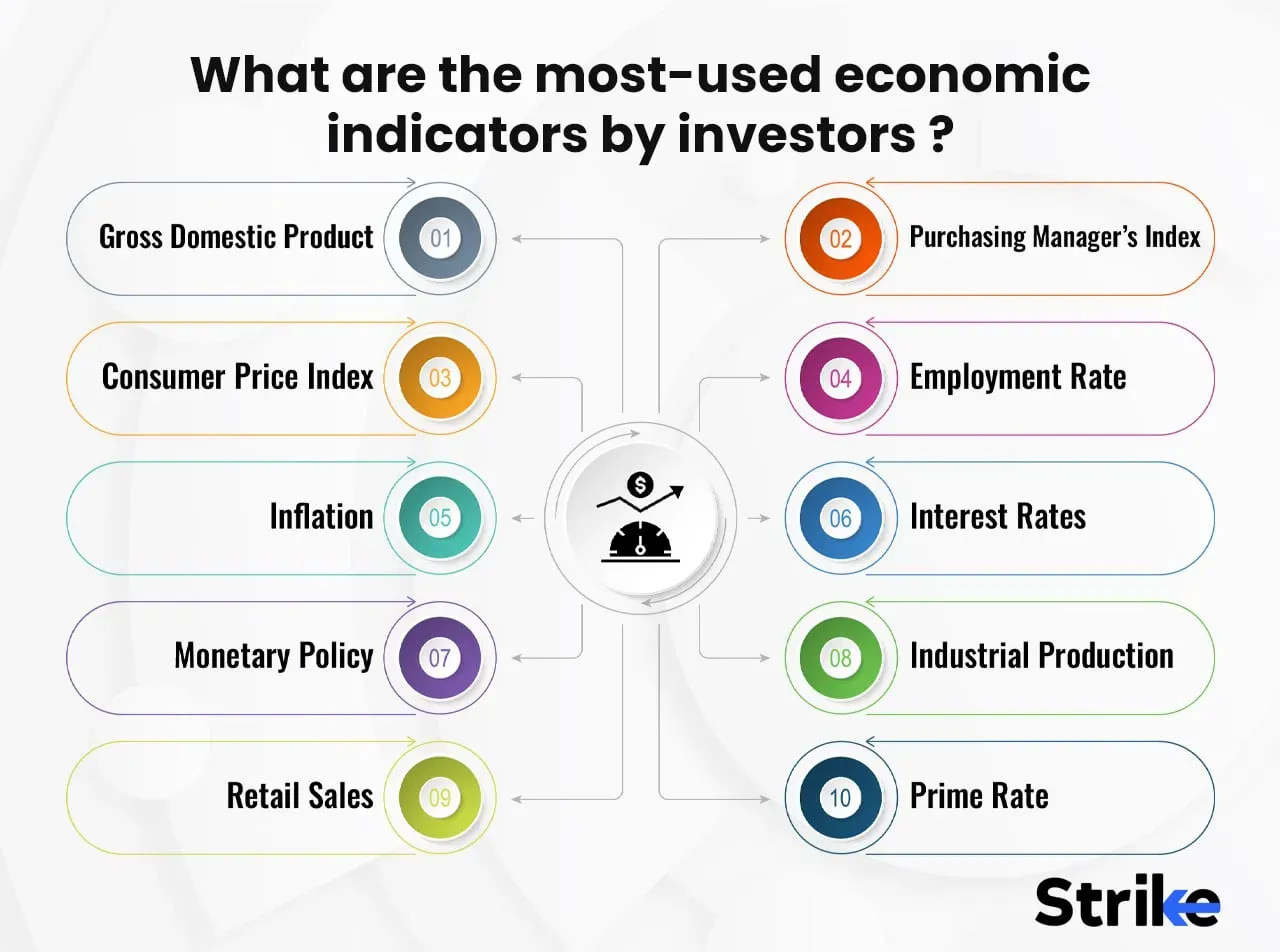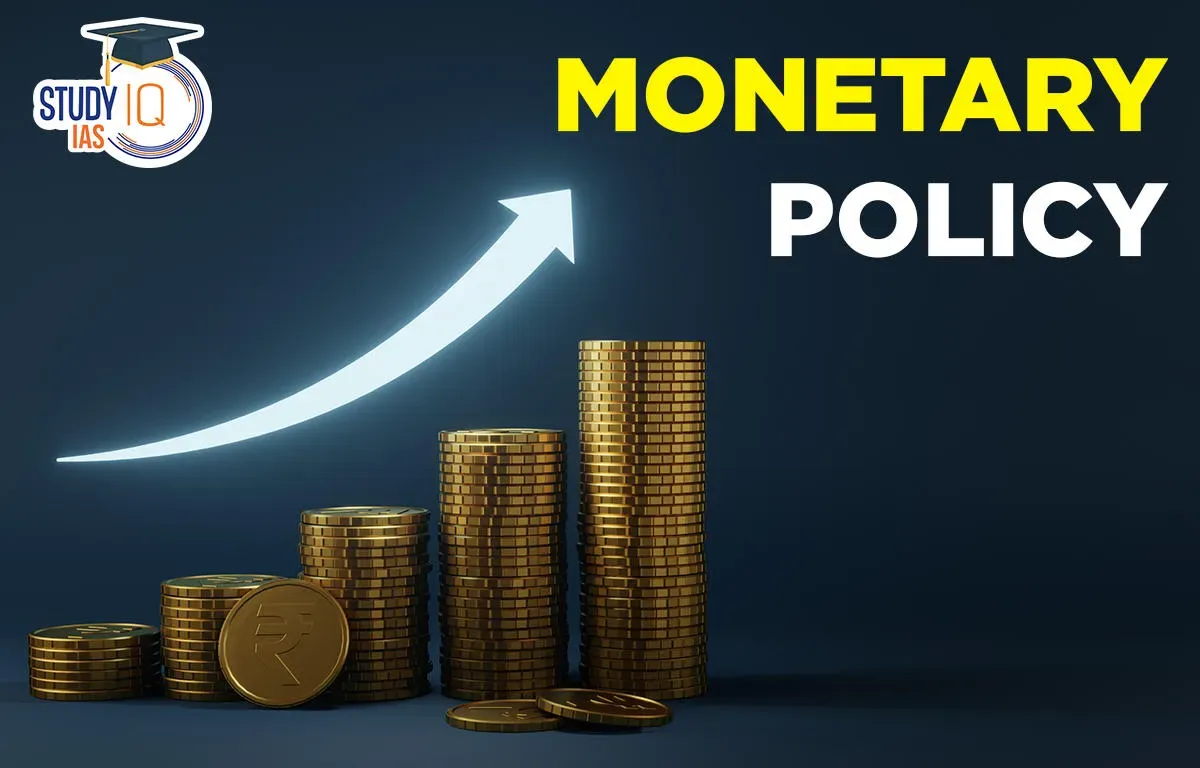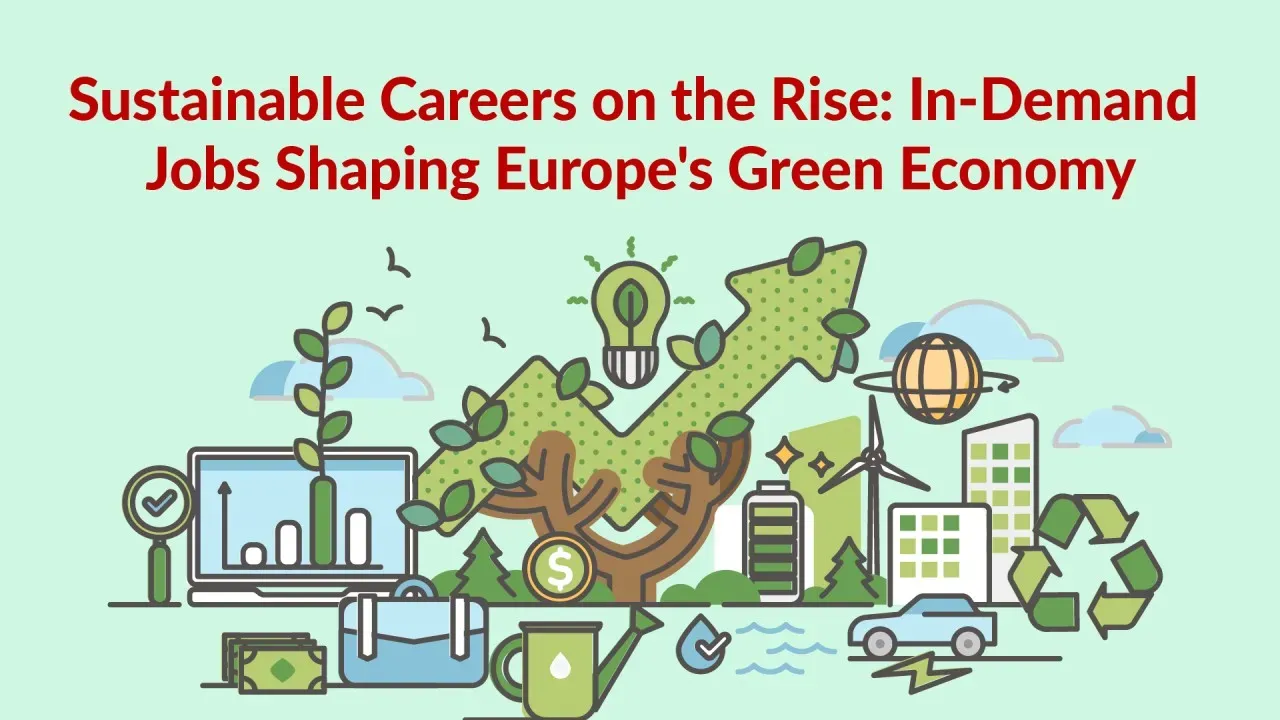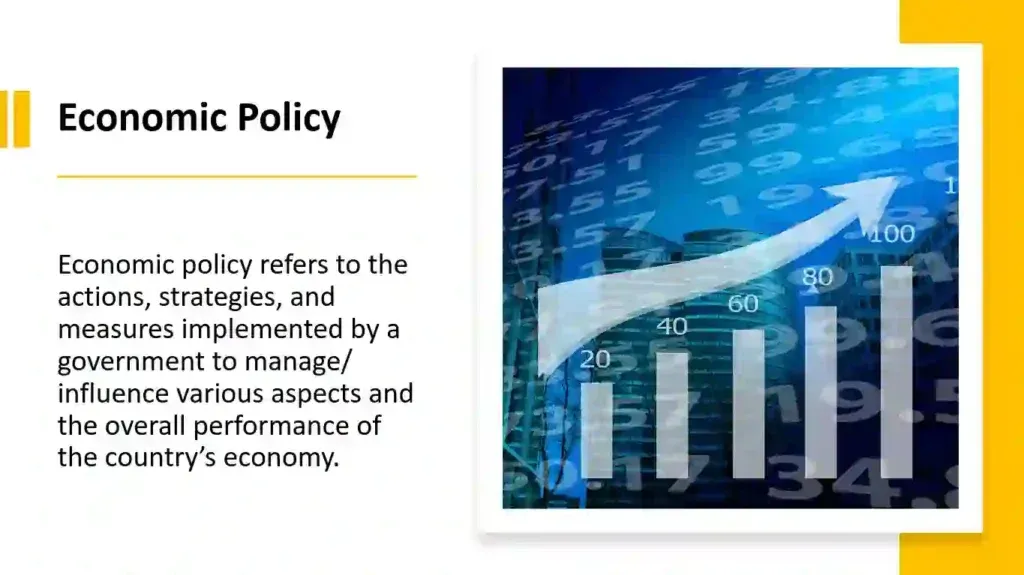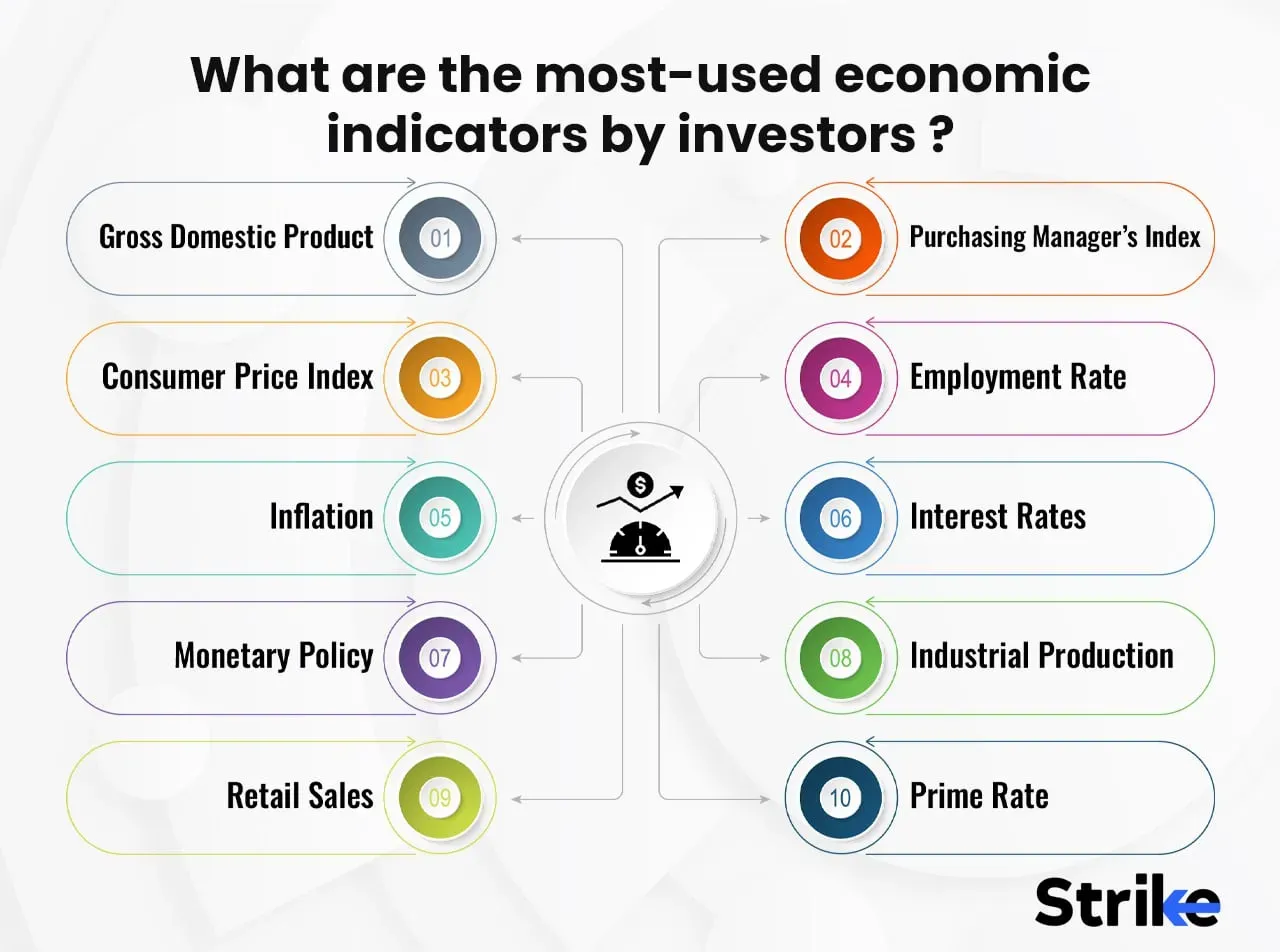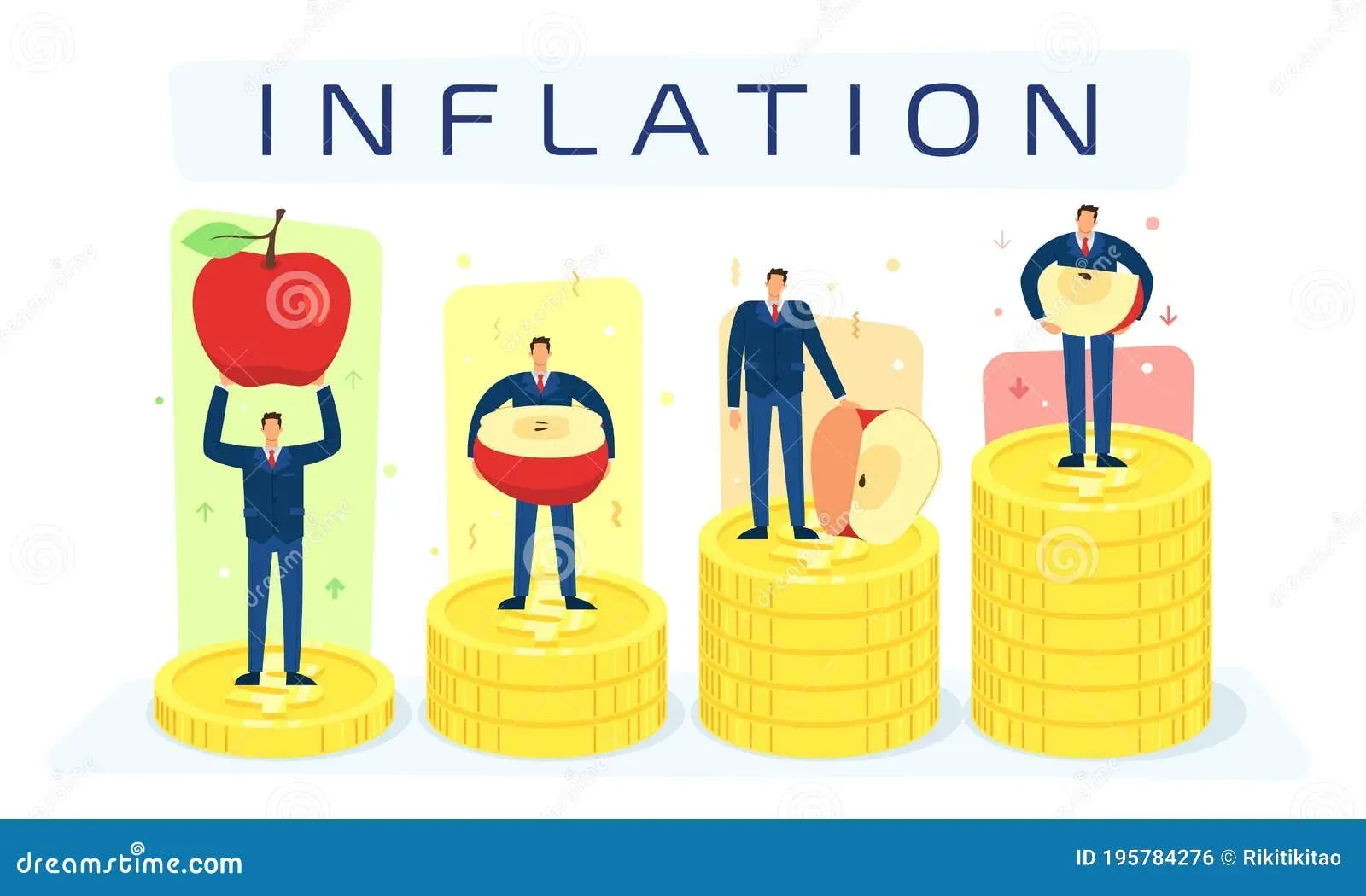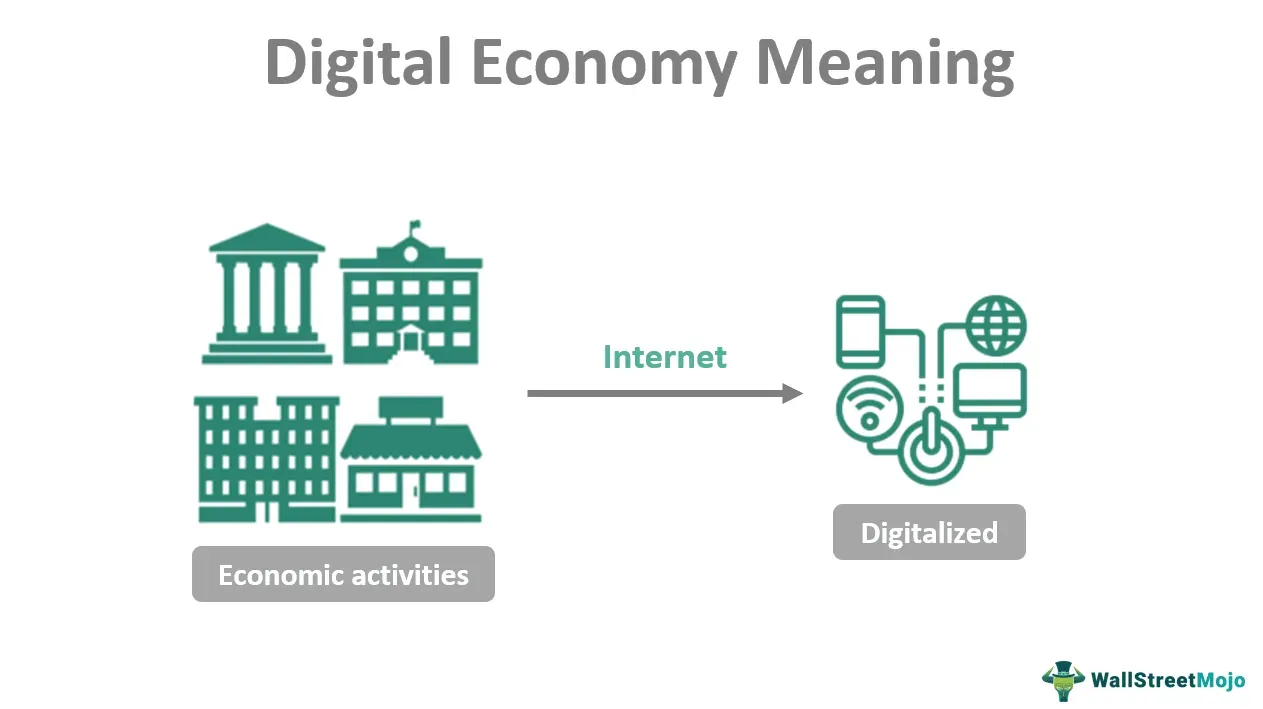Green economy and clean jobs are redefining how societies grow, blending prosperity with responsibility and ensuring that the benefits of development reach people in every community, from urban neighborhoods to rural towns, while protecting air, water, and soil for future generations, signaling that economic vitality can be compatible with ecological stewardship, and inviting local leaders, businesses, workers, and educators to co-create practical solutions that uplift livelihoods without sacrificing nature; these shifts happen through cross-sector collaboration, with local governments coordinating with schools, unions, and industry to align incentives, measure progress, and share best practices.This integrated approach helps businesses reduce waste, lower operating costs, and strengthen resilient supply chains that can weather climate shocks, price swings, and technological disruptions, all while opening pathways for workers into green jobs through training, mentorship, and dignified, family-supporting careers; in practice, communities that adopt this approach see improvements in local air quality, more accessible public services, and greater trust between residents and institutions.

